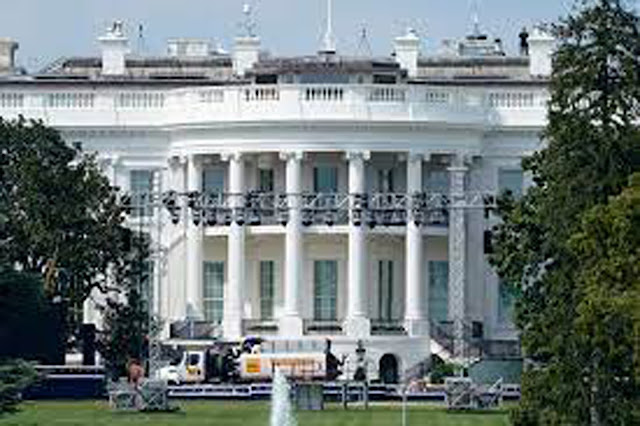Nationwide injunctions play a key role in Trump's clashes with the judiciary. Here's what you should know.
Judges have prevented funding freezes, his transgender military ban, and other measures.
As President Donald Trump’s conflict with the judiciary intensifies, he and his Republican allies have rallied around a common argument: No single judge should have the power to issue an injunction that halts the authority of the nation’s elected leader.
“That’s a presidential job. That’s not for a local judge to be making that determination,” Trump said on Fox News earlier this week, criticizing a judge who temporarily blocked deportation flights of alleged Venezuelan gang members. The judge’s order came after Trump invoked the Alien Enemies Act of 1798.
White House press secretary Karine Jean-Pierre, facing questions on Wednesday about why the administration had not reversed course on the flights, preemptively condemned judges issuing nationwide injunctions.
“The judges in this country are acting erroneously,” she said. “We have judges who are behaving like partisan activists, attempting to dictate policy to the president. They are clearly trying to slow down this administration’s agenda, and it’s unacceptable.”
The White House argues that nationwide injunctions are particularly problematic when they interfere with immigration policy, foreign affairs, national security, and the president’s constitutional authority as commander in chief.
So far, judges have temporarily blocked Trump’s efforts to ban transgender individuals from military service, halt federal funding, and end birthright citizenship.
Supporters of nationwide injunctions view them as a crucial safeguard against potentially unlawful actions and a way to prevent widespread harm. Critics, however, argue that they grant too much power to individual judges and encourage plaintiffs to strategically file cases in jurisdictions where judges may be sympathetic to their cause.
Legal experts told hawk News that injunctions are generally intended to maintain the status quo while courts evaluate the case. Judges can also issue temporary restraining orders as emergency measures to prevent irreparable harm until a hearing is held.
“Often, the nationwide injunction, or universal injunction, is put in place right at the start of litigation,” said Amanda Frost, a professor at the University of Virginia School of Law.
“These can all be appealed—and they are,” Frost added. “They go to a three-judge panel and then to the Supreme Court. So, when people say one district judge is deciding national policy, that’s only true for a few weeks. The system allows for appeals, and the Trump administration has appealed.”
Chief Justice John Roberts echoed this point in a rare statement after Trump lashed out at a judge in the deportation flight case, calling him a radical left lunatic” and demanding his impeachment. Meanwhile, Trump recently secured a victory when an appeals court lifted an injunction against his executive orders to dismantle diversity, equity, and inclusion (DEI) programs in the federal government.
Though nationwide injunctions are not new, legal scholars agree they have become more prevalent in recent decades.
“We saw them under Obama, during Trump’s first term, and under Biden,” Frost noted. “Now, they are even more frequent under President Trump, but that’s because of the sweeping executive orders that attempt to overhaul major legal structures.”
According to a Harvard Law Review study, President Barack Obama faced 12 nationwide injunctions, Trump’s first administration encountered 64, and President Joe Biden has faced 14. Both parties have alternately criticized or praised injunctions depending on whether the rulings align with their political goals.






